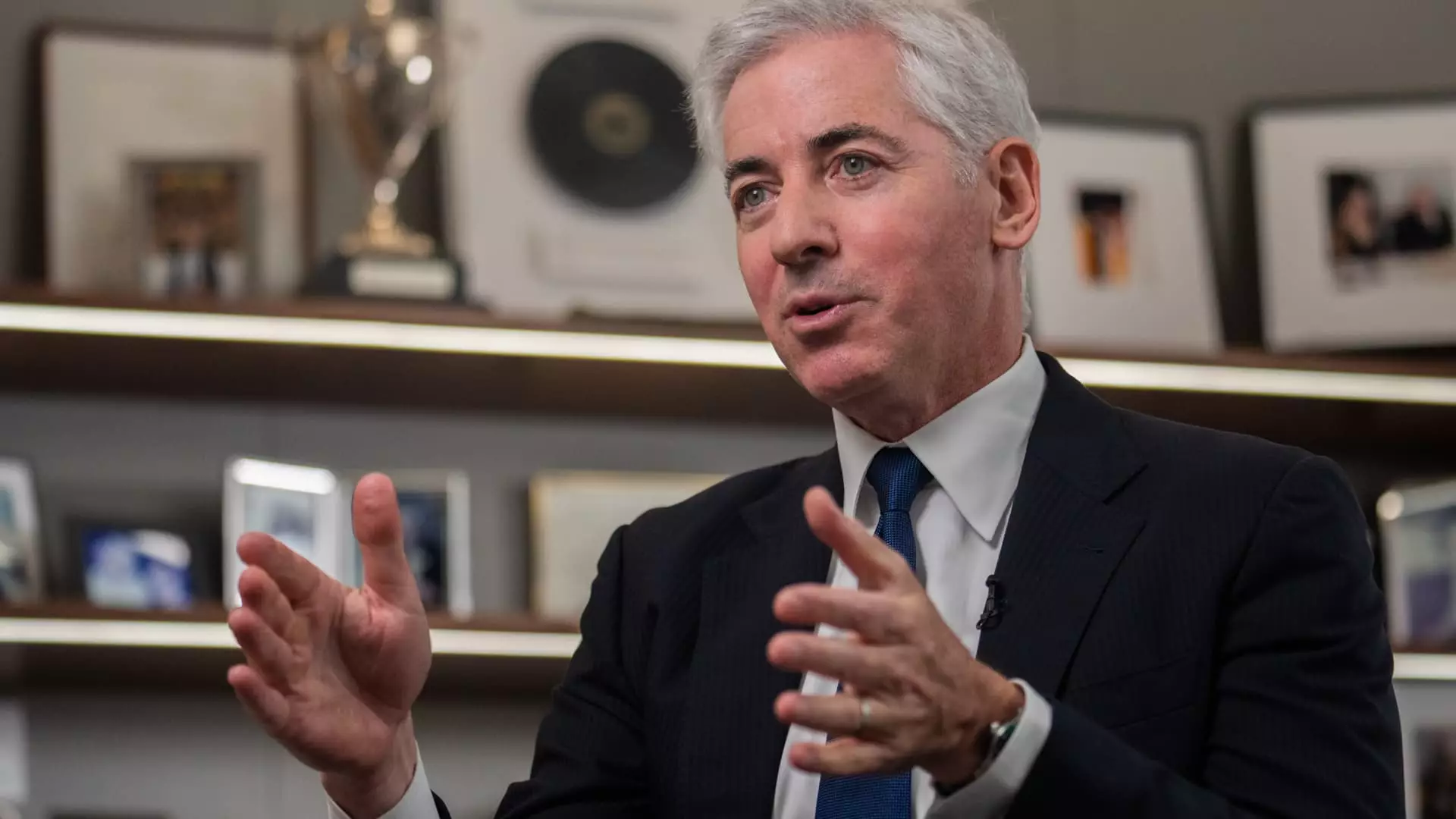Billionaire investor Bill Ackman is actively reshaping the landscape of real estate investment with his latest proposal to acquire Howard Hughes Holdings, targeting 10 million newly issued shares at $90 apiece. This strategic pivot comes on the heels of a previous offer made in January, where Ackman suggested merging Howard Hughes with a new subsidiary of his hedge fund, Pershing Square, at a lower price of $85 per share. If successful, this new pitch would see Pershing Square controlling a substantial 48% stake in the real estate development company, further solidifying Ackman’s influence in the industry.
The significance of this revised proposal cannot be overstated. One of its advantages is that it circumvents the need for regulatory approvals, shareholder votes, or complex financing arrangements, paving the way for a swift transaction. However, despite the optimistic outlook, Howard Hughes’ stock took a nearly 5% dip in response to the news, highlighting the market’s apprehension regarding such dramatic shifts in control and vision.
Ackman’s aspirations for Howard Hughes bear a remarkable resemblance to the blueprint laid out by Warren Buffett and his Berkshire Hathaway. Reference to the “modern-day Berkshire Hathaway” illustrates Ackman’s intent to replicate and adapt the successful investment model that propelled Buffett to success. With a focus on acquiring controlling interests in high-quality companies, he envisions a diversified enterprise that would wield significant market power across a range of industries.
In a candid announcement via social media, Ackman outlined how integrating Howard Hughes into the Pershing Square portfolio would leverage the company’s capabilities and growth potential. This strategic vision draws inspiration from Buffett’s journey, portraying Ackman as a potential heir to an illustrious investment legacy—albeit with his unique flair of modern-day activism.
Ackman also underscores his commitment to the ongoing development and ownership of master-planned communities, including established locations like The Woodlands in Houston and Summerlin in Las Vegas. He believes these communities possess the potential to evolve into larger urban centers, driving sustained growth for years to come. By concentrating on markets that favor business development, Ackman asserts that Howard Hughes is poised for considerable long-term success.
What makes this opportunity intriguing is Ackman’s point about the merger not just being about acquiring property but about cultivating thriving communities. The ability to combine real estate with robust management strategies could redefine how investment firms engage with urban development, setting a new standard for future investment ventures.
As Ackman prepares to take the leadership reins of Howard Hughes, one can only speculate how his unique investment philosophy will shape the company. With a 1.5% annual fee based on the equity market capitalization of Howard Hughes, which will align his interests closely with those of the firm’s performance, Ackman is poised to navigate the complexities of the real estate market and turn his ambitious vision into reality.
Bill Ackman’s differentiated strategy signals not only a significant shift for Howard Hughes but potentially a new chapter in real estate investment, where Scott is not merely an investor but a catalyst for growth in a rapidly changing economic landscape. Whether this initiative will bear fruit remains to be seen, yet the implications of Ackman’s vision could certainly send ripples throughout the industry.

Leave a Reply